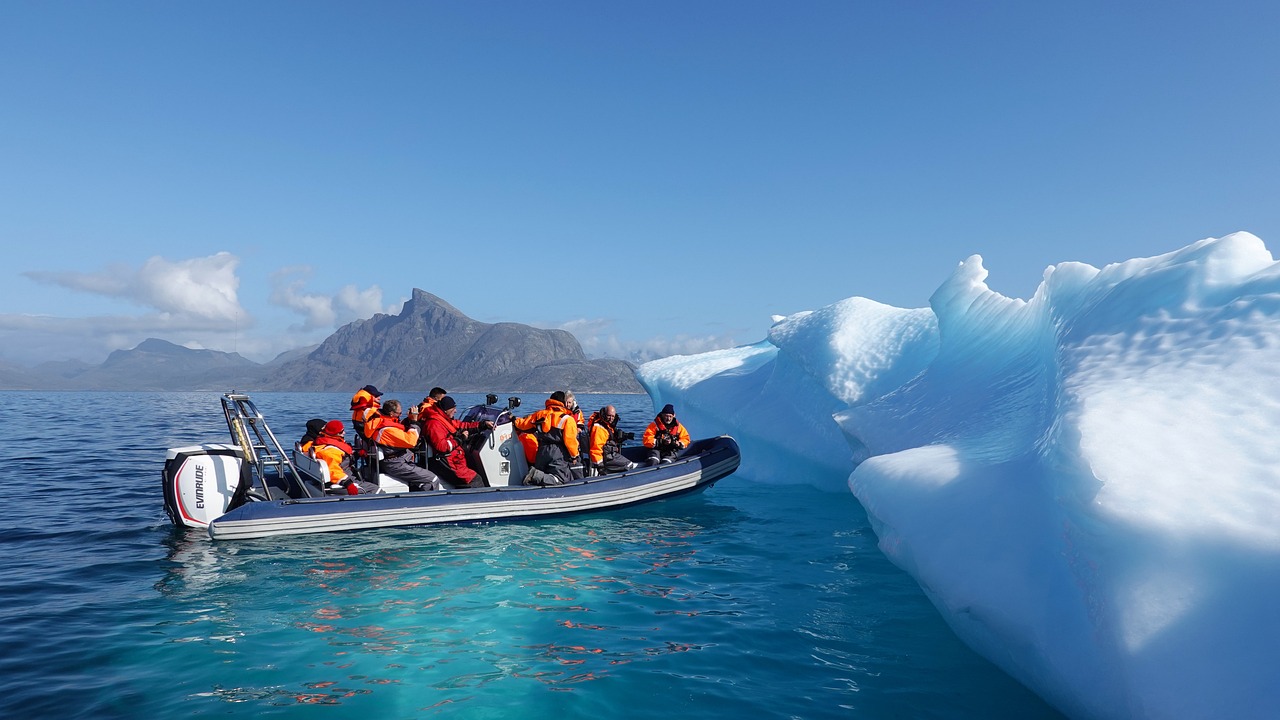Climate change is a complex and pressing issue facing our planet today. The Earth’s climate is constantly changing, and there are many factors that contribute to these changes, both natural and anthropogenic. Understanding these causes is critical to addressing the challenges posed by climate change and developing effective solutions to mitigate its impact. In this article, we will explore the natural and anthropogenic causes of climate change, and how they are affecting the planet.
Table of Contents
ToggleIntroduction to Climate Change
Climate change refers to the long-term changes in the Earth’s climate, including temperature, precipitation, and wind patterns, that occur over several decades or longer. These changes are caused by various factors, including natural processes and human activities, and have serious implications for the environment, human health, and the global economy.
Natural Causes of Climate Change
The Earth’s climate has undergone natural cycles of warming and cooling for millions of years. These natural factors have influenced the Earth’s climate in various ways, including:
Solar Radiation: The amount of solar radiation the Earth receives from the sun varies over time, and this can influence the Earth’s temperature. Solar cycles, which last approximately 11 years, can result in periods of increased or decreased solar radiation.
Volcanic Activity: Volcanic eruptions release large amounts of sulfur dioxide and ash into the atmosphere, which can reflect sunlight and reduce the amount of solar radiation that reaches the Earth’s surface. This can result in a cooling effect on the Earth’s climate.
Natural Changes in the Earth’s Orbit: The Earth’s orbit around the sun changes over time, which can influence the amount of solar radiation the Earth receives. These changes occur over long periods, such as thousands of years, and can result in long-term changes in the Earth’s climate.
Anthropogenic Causes of Climate Change
While natural factors have influenced the Earth’s climate for millions of years, human activities are now the primary cause of climate change. The most significant anthropogenic causes of climate change are:
Greenhouse Gas Emissions: The burning of fossil fuels, such as coal, oil, and natural gas, releases large amounts of carbon dioxide (CO2) and other greenhouse gases into the atmosphere. These gases trap heat from the sun, resulting in a warming effect on the Earth’s climatenetwork error.
Deforestation: Deforestation, particularly in tropical rainforests, results in the release of carbon dioxide into the atmosphere, as well as the reduction of the Earth’s ability to absorb carbon dioxide through photosynthesis.
Industrial Processes: Various industrial processes, such as cement production, also release large amounts of carbon dioxide and other greenhouse gases into the atmosphere.
Agriculture: Agriculture, particularly livestock farming, also contributes to greenhouse gas emissions. The digestive processes of cows and other livestock result in the release of methane, a potent greenhouse gas.
Transportation: The burning of fossil fuels in transportation, such as cars, trucks, and airplanes, also releases greenhouse gases into the atmosphere.
The Impact of Climate Change
The impact of climate change is already being felt around the world, and the effects are expected to become increasingly severe over the coming decades. Some of the most significant impacts of climate change include:
Rising Temperatures: Global temperatures have already risen by approximately 1 degree Celsius since pre-industrial times, and are expected to continue rising. This can result in more frequent and severe heatwaves, droughts, and wildfires.
Rising Sea Levels: As temperatures rise, the Earth’s ice caps and glaciers are melting, causing sea levels to rise. This can result in more frequent and severe coastal flooding and erosion.
Changes in Precipitation: Climate change is expected to result in changes in precipitation patterns, with some areas experiencing more frequent and severe flooding, while others experience more frequent and severe droughts.
Impacts on Biodiversity: Climate change is expected to result in the extinction of many species, as their habitats become unsuitable for their survival.
Impacts on Human Health: Climate change is expected to have significant impacts on human health, including increased rates of heat-related illness, respiratory problems, and the spread of vector-borne diseases such as malaria.
Conclusion
In conclusion, climate change is a complex and pressing issue that is caused by a combination of natural and anthropogenic factors. While natural factors have influenced the Earth’s climate for millions of years, human activities are now the primary cause of climate change. The impacts of climate change are already being felt around the world, and the effects are expected to become increasingly severe over the coming decades. It is critical that we take action to address the causes of climate change and develop effective solutions to mitigate its impact on the planet.








2 thoughts on “Natural and anthropogenic causes of climate change”
Pingback: Winter Storms in USA: Link between Climate Change and their Rising Frequency - Sustainability Awakening
Pingback: Examples of Climate Change: Understanding the Impact on Our Planet - Sustainability Awakening